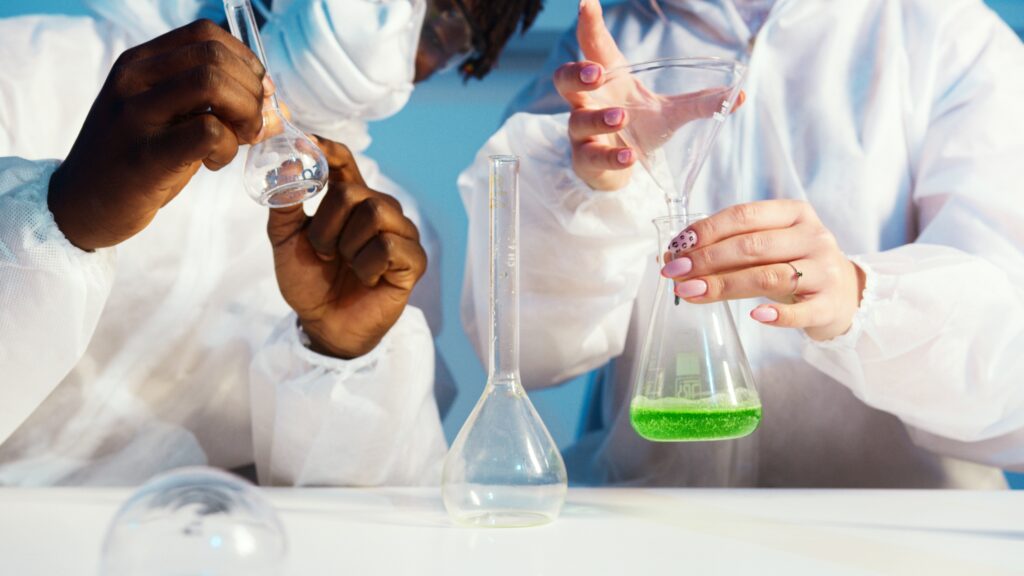
Teams with high levels of cohesion are 17% more productive than those with low levels of cohesion. (Gallup, 2018). But how do you create this kind of magic? In this article, we’ll talk about what it takes to build a solid foundation for your team and explore techniques to help you get there.
The first step to building a cohesive team is to ensure that everyone understands their role and how it fits into the big picture. It’s important that each member of your team has an opportunity to share what they bring to the table and how they see themselves contributing. You can accomplish this by doing a team assessment, which will give you an understanding of where each person fits in. You can also use this as an opportunity to check in with your team about their needs and expectations. Questions like “What did you enjoy most about our last project?” or “If there was one thing that could be improved, what would it be?” give your team members a chance to share their thoughts and feelings without being judged.
How effective communication needs honesty and trust
We all know that communication is a key part of building strong teams. However, when it comes to business, we often overlook how important it is to talk to one another openly and with validation. The Career Development Group has found that most teams complain that lack of timely communication is one of the biggest factors leading to low levels of team cohesion.
One easy way to improve your communication with your team is by asking them for feedback on how well they think the team works together and what areas need improvement. This allows them to give honest answers without feeling judged or pressured into giving an answer they aren’t sure about; it also gives them an opportunity to voice their concerns, so they don’t build up inside until they explode later on!
Teams with high levels of trust have a nearly 30% higher return on assets (ROA) than those with low trust levels.
Shared Purpose Report, 2015
How to move from in-group and out-group perceptions to team cohesion
Next up, to build a cohesive team, you need to move from an in-group/out-group mentality to one of understanding each other’s strengths and weaknesses. This can be accomplished by focusing on the common goals of your group. You also need to make sure that everyone has an opportunity for personal growth, so it’s important for each member of the team to understand his or her own strengths and weaknesses as well as those of others.
What makes them tick?
Finally, it’s essential that teammates get to know each other personally outside of work: what interests them outside of work? What kind of hobbies do they have? Where did they grow up? What have been some life events that have shaped their perspective today? Sharing these stories will help create a connection between teammates that goes far beyond simply knowing each other’s names or titles within the organization.
Teams that regularly communicate and share goals are better able to collaborate and produce better results than teams that don't.
Harvard, 2019
Team chemistry is essential to success
Team chemistry is one of the most important factors in team success. It’s not something that you can just create out of thin air, but rather something that needs to be cultivated over time.
When we talk about team chemistry, what do we mean? Team members need to trust each other and respect each other’s strengths and weaknesses. They need to be able to collaborate effectively so that everyone on the team feels like their ideas are being heard and valued. And if you’re working with a high-performing group of people who all have very different personalities, then it’s also essential that everyone gets along well enough so they don’t disrupt the flow of communication within your organization (or even worse: cause conflict).
The science of team chemistry is both exciting and important. It’s exciting because it can help us understand what makes teams work well together, and it’s important because this knowledge can be applied to create more effective teams in every field. We hope that this article has given you some new insights into how your team works together, as well as ideas on how to improve its chemistry!
We’d love to show you how our program can help your team achieve team chemistry. Let’s schedule a time to chat about how we can help your team work more efficiently and effectively. Click on the link to get in contact.
